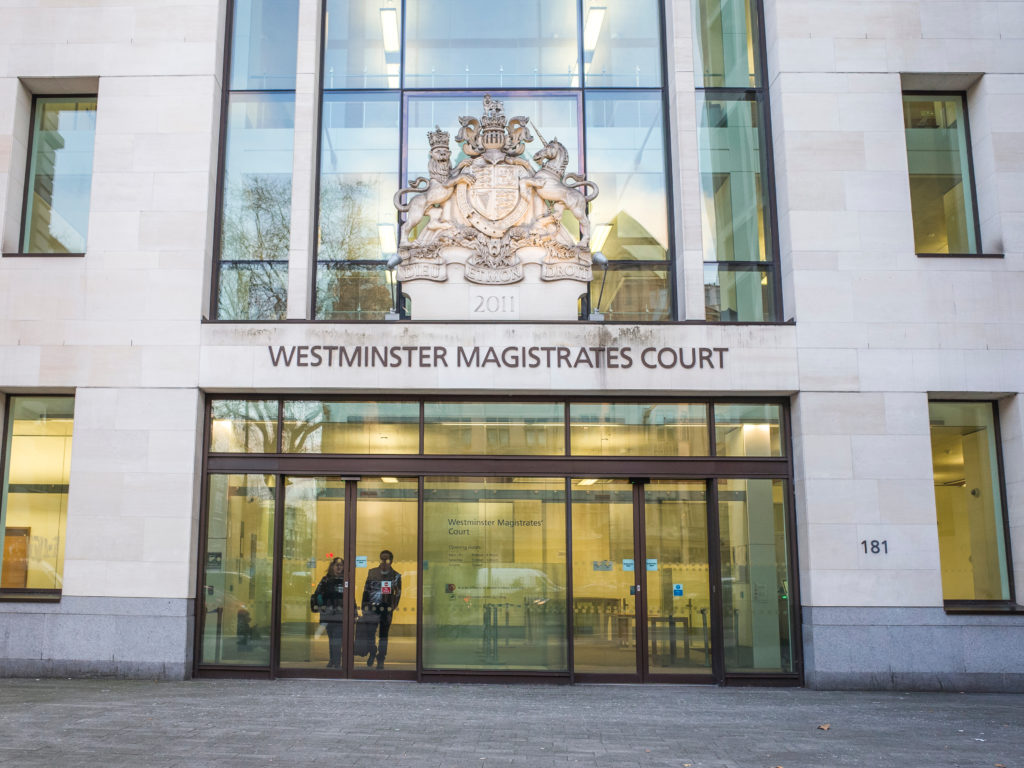
Today, 27 February 2019, District Judge Vanessa Baraister ordered the extradition of Alexandre Djouhri to France. French authorities have requested Mr Djouhri’s extradition because he is accused of committing fraud by selling a property at an inflated value and bribing a member of French presidential staff for personal gain. He is accused of funnelling money from former Libyan leader Muammar Gaddafi to finance Nicolas Sarkozy’s 2007 French presidential campaign.
Mr Djouhri was originally arrested at Heathrow airport on 7 January 2018 under the first European Arrest Warrant (“EAW”) issued for his arrest. A second EAW was issued on 22 February 2018 and Mr Djouhri was arrested at the foot of this, second EAW, on 26 February 2018. He was initially remanded in custody pending the extradition hearing but is now on conditional bail.
Mr Djouhri’s lawyers attempted to contest his extradition on the grounds that:
• his extradition should be barred because French authorities have not yet decided whether or not to prosecute Mr Djouhri;
• extradition is barred by extraneous considerations because Mr Djouhri is being targeted due to his political opinions and links to Mr Sarkozy;
• it would be unjust or oppressive to extradite Mr Djouhri due to his progressive heart condition (arrhythmogenic cardiomyopathy); and
• the conduct of the French authorities during the extradition proceedings amount to an abuse of court process.
District Judge Baraitser rejected these grounds and explained:
• French prosecutors have stated in the EAW that they would like Mr Djouhri to be surrendered for the purposes of conducting criminal proceedings, due to the mutual respect and confidence between the UK and France, it should be accepted that French authorities know not to request a person’s surrender without having made a decision to prosecute. The extensive nature of the investigation already completed suggests that Mr Djouhri is sought for prosecution and not further investigation;
• there is no evidence to suggest that the French judge allocated to the case is “self-selected” or “politically motivated”, no evidence that the process followed in the investigation of Mr Djouhri lacked “judicial independence” and no evidence that the French authorities are pursuing Mr Djouhri for political reasons;
• evidence has been provided which details where Mr Djouhri will be detained, if he is returned to France, including which medical services/equipment will be available to him. It is clear that there are “adequate safeguards to ensure not only the proper monitoring of his condition but emergency treatment should it be needed”; and
• there is a fundamental assumption that the Requesting State is acting in good faith, this assumption can be displaced by evidence. In this case, there is insufficient evidence to misplace the assumption. French police did informally request that Mr Djouhri should attend an interview, but this was done in line with French criminal procedures. Mr Djouhri was not prejudiced by the informality of the requests because he did not respond to them.
District Judge Baraitser ordered Mr Djouhri’s extradition. Mr Djouhri has the right to appeal against this decision.
Categories: France, United Kingdom



Recent Comments